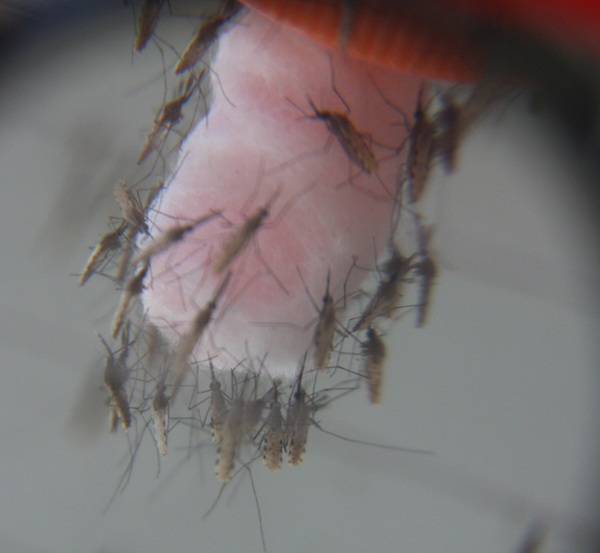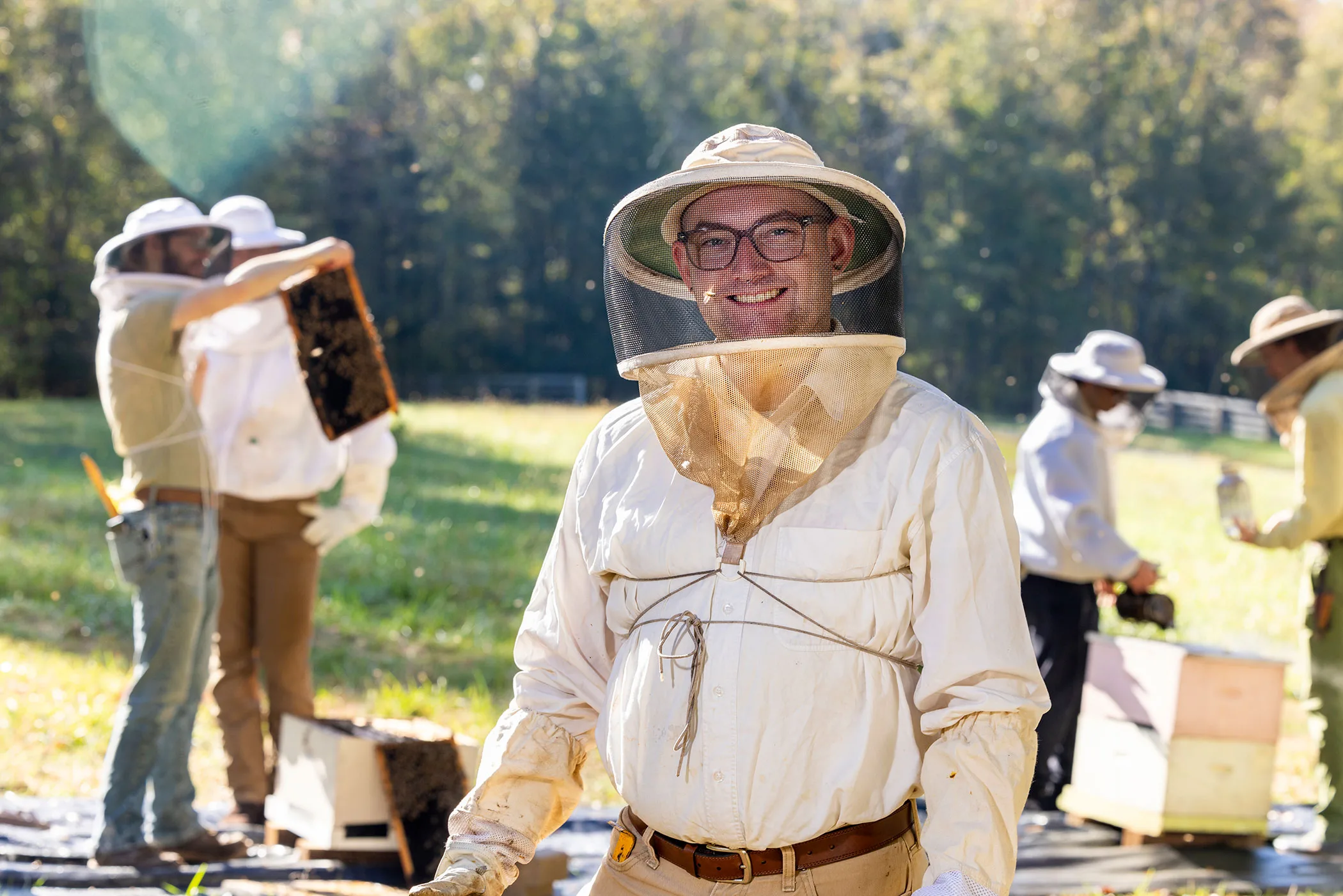Georgians only face a few more weeks of mosquito season, but the state’s residents need to stay vigilant to keep mosquito populations in check.
Fueled by what seems to be weekly rain showers or storms across the state, Georgia’s mosquito population is higher than average this year, said Elmer Gray, a University of Georgia Cooperative Extension entomologist and mosquito expert.
“Populations are already up, and with standing water everywhere and forecast intermittent showers through August, we’re poised to see even more mosquitoes in the next few weeks,” Gray said.
Gray reminds residents to use mosquito repellents and to wear long sleeves and pants as often as possible while they’re outdoors making the most of the end of the summer.
In north Georgia, the biggest problem is the containers in and around our homes, offices and parks that hold standing water. Mosquitoes breed in these environments.
Asian tiger mosquitoes lay eggs and develop in anything that can hold water: clogged downspouts, watering cans that are left outside, children’s toys or the dishes used to catch water under potted plants.
“People don’t understand how diligent they have to be in emptying out their containers,” Gray said. “Really, we’re at the point that there is so much in the environment, with this frequent rainfall, that there are going to be pockets of water where these mosquitoes can breed.”
While they’re voracious daytime feeders and can make sitting on the back porch miserable, Asian tiger mosquitoes don’t typically carry diseases.
What’s more worrisome is the proliferation of southern house mosquitoes that have also emerged during this wet weather.
Southern house mosquitoes can carry West Nile virus, and several populations have been found to carry the disease this summer.
“There’s been a lot of West Nile (virus) found in mosquito populations in Lowndes County, Chatham County, DeKalb County and Brunswick, (Georgia,)” Gray said. “They basically have found it in almost every place where they do this kind of surveillance and testing.”
And it’s being found at rates much higher than last year, Gray said. For example in 2017, only 13 percent of the mosquitos trapped in DeKalb County carried the disease. This year 23 percent of the mosquitos found have carried the disease. Southern house mosquitoes are most active — and West Nile virus transmission is most common — during late summer and early fall, and the period from Aug. 15 to Sept. 15.
So that number might go up.
About 80 percent of people infected with West Nile virus show no symptoms. However, a small population of those infected will experience body and joint aches, rashes, vomiting, and diarrhea, according to the Centers for Disease Control and Prevention. Older Georgians are much more likely to become seriously ill from West Nile virus.
These mosquitoes tend to feed at night, so that’s when people need to be the most cautious. Gray recommends long-sleeved shirts and long pants as well using an Environmental Protection Agency (EPA)-approved mosquito repellent. Only products that have been tested by the EPA have been scientifically proven to be safe and effective. This is not the time to try homemade bug repellents, he added.
When using repellents on children, parents should spray the repellent on their hands and then apply it to their child. Only the skin that is covered by the repellent will repel mosquitoes, so make sure to provide good coverage.
For more information about mosquito control, see the UGA Extension publication “Stinging and Biting Pests” at https://t.uga.edu/4kC or http://ent.uga.edu/extension/controlling-mosquitoes.html.





